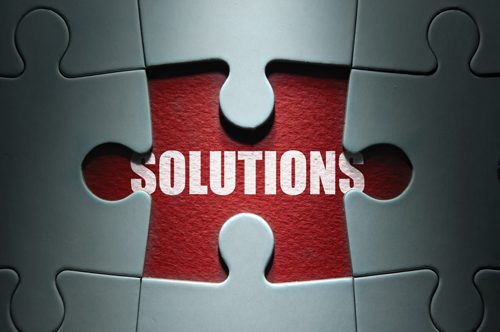Addiction and Recovery Solutions
 Professionals knowledgeable in the field of addiction and recovery solutions agree on this: Addiction is a chronic illness that affects the brain and body, and relapse is common.
Professionals knowledgeable in the field of addiction and recovery solutions agree on this: Addiction is a chronic illness that affects the brain and body, and relapse is common.
It is helpful to know that alcoholism is a chronic disease and that relapse rates for alcoholism and drug addiction are comparable to other chronic illnesses.
According to the National Institute on Drug Abuse:
- 30 to 50 percent of people with type 1 diabetes fail to stick with their treatment plan
- 50 to 70 percent of people who suffer from asthma fail to take their meds or make recommended lifestyle changes
- 50 to 70 percent of people with chronic high blood pressure don’t take their hypertension medication as directed
- 40 to 60 percent of people addicted to drugs or alcohol will relapse from their plan of treatment
Admittedly, the effect of addiction on family and loved ones is more insidious than high blood pressure, but all chronic diseases can lead to death and/or a severely limited life.
Self-Reported Recovery Statistics
Many drug addiction recovery statistics are gathered through surveys and questionnaires. In 2012, a study released by the Partnership at Drugfree.org and the New York State Office of Alcoholism and Substance Abuse Services (OASAS) indicated that 10 percent of adults who answered the survey consider themselves to be in recovery from drug addiction. As many as 23.5 million Americans may have overcome the disease.
While the chronic nature of the disease is discouraging, the question is asked: Can addiction be treated successfully?
The answer is ”yes.” Addiction is a treatable disease. Research in the science of addiction and the treatment of substance use disorders has led to the development of evidence-based interventions.
Can addiction be cured?
Not always—but like other chronic diseases, addiction can be managed successfully.
What are the principles of effective addiction and recovery solutions?
“Research shows that combining treatment medications (where available) with behavioral therapy (including 12-step participation) is the best way to ensure success for most patients. Treatment approaches must be tailored to address each patient’s drug use patterns and drug-related medical, psychiatric, and social problems. Treatment must address the whole person.” (Treatment and Recovery).
How do the best treatment programs help clients recover from the pervasive effects of addiction?
Gaining the ability to stop abusing drugs is just one part of a long and complex recovery process. Because addiction can affect so many aspects of a person’s life, treatment must address the needs of the whole person to be successful. This is why the best programs incorporate a variety of rehabilitative services into their comprehensive treatment regimens. Treatment counselors may select from a menu of services for meeting the specific medical, psychological, social, vocational, and legal needs of their clients to foster their recovery from addiction.
Cognitive Behavioral Therapy seeks to help clients recognize, avoid, and cope with the situations in which they are most likely to abuse drugs. Twelve-step support groups can greatly aid this therapy.
- Contingency Management uses positive reinforcement, such as providing rewards or privileges for remaining drug free, for attending and participating in counseling sessions, or for taking treatment medications as prescribed (Treatment and Recovery). Twelve-step programs give chips and recognition for amount of clean/sober time.
- Family Therapy (especially for youth) approaches a person’s drug problems in the context of family interactions and dynamics that may contribute to drug use and other risky behaviors (Treatment and Recovery).
- Various Neurological Tools such as EMDR help the individual with their patterns of response and behavior.
While alcohol and drug addiction is a chronic disease, it is possible to lead a healthy, productive life. Twelve-step programs lead the way in the recovery process, and there are many newer tools to assist the addicted person with recovery today.
References:
The Stages of Change Model of Overcoming Addiction. (2016, January 09). Retrieved September, 2016.
Treatment and Recovery. (2014, July). Retrieved September, 2016.







